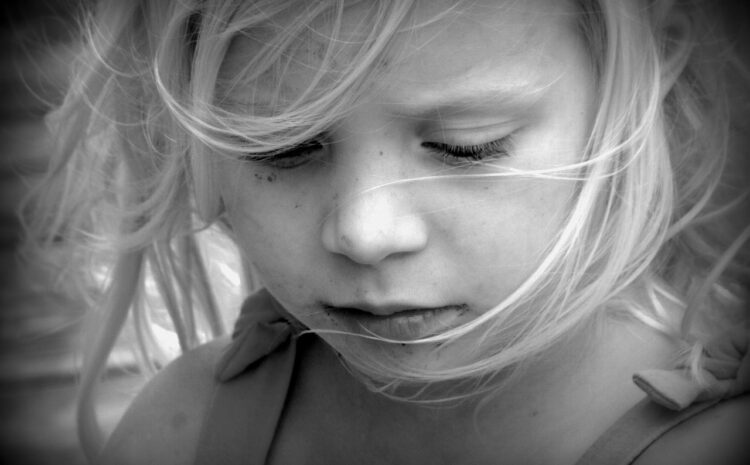
Daycare abuse can have devastating long-term effects on both children and their families. While the immediate consequences of abuse are often evident, the lasting impact can linger for years, affecting various aspects of a child’s life and leaving a profound mark on their family dynamics. In this article, we delve into the enduring repercussions of daycare abuse and shed light on the challenges faced by affected children and their families.
Psychological Trauma and Emotional Scars
One of the most significant long-term effects of daycare abuse is the psychological trauma experienced by the child. Abuse during formative years can lead to profound emotional scars, including anxiety, depression, post-traumatic stress disorder (PTSD), and a diminished sense of self-worth. These psychological wounds can persist into adulthood, impacting relationships, academic and professional achievements, and overall well-being.
Behavioral Problems and Social Challenges
Children who have experienced daycare abuse may exhibit a range of behavioral problems and social challenges as they grow older. These may include aggression, withdrawal, difficulty forming trusting relationships, and challenges with social interactions. The trauma of abuse can affect a child’s ability to regulate their emotions and navigate social situations, leading to difficulties in school, peer relationships, and overall adjustment to society.
Physical Health Consequences
In addition to psychological and emotional effects, daycare abuse can also have long-term implications for a child’s physical health. Chronic stress resulting from abuse can weaken the immune system, increase the risk of developing chronic conditions such as cardiovascular disease and diabetes, and impair overall physical development. Furthermore, children who experience abuse may engage in unhealthy coping mechanisms such as substance abuse or self-harm, further exacerbating their physical health issues.
Interpersonal Relationships and Trust
Daycare abuse can erode a child’s trust in adults and authority figures, making it challenging for them to form healthy interpersonal relationships. The betrayal of trust experienced during abuse can lead to feelings of betrayal, fear, and skepticism toward others, making it difficult for the child to establish meaningful connections with caregivers, peers, and romantic partners later in life. This lack of trust can also extend to their relationships with family members, leading to strained familial dynamics and communication breakdowns.
Financial and Legal Ramifications
In addition to the emotional toll, daycare abuse can also result in significant financial and legal ramifications for affected families. Seeking therapy and medical treatment for the child’s physical and psychological needs can incur substantial costs, placing a strain on the family’s finances. Moreover, pursuing legal action against the daycare facility or perpetrator of the abuse can be a lengthy and costly process, requiring the expertise of a skilled daycare abuse lawyer.
Why You May Need a Daycare Abuse Lawyer
If your child has been a victim of daycare abuse, seeking legal representation from a daycare abuse lawyer is essential to pursuing justice and holding the responsible parties accountable for their actions. A skilled attorney can guide you through the legal process, advocate for your child’s rights, and help you secure compensation for their physical, emotional, and financial damages. When selecting a daycare abuse lawyer, look for someone with experience in handling similar cases, a compassionate approach, and a track record of success in achieving favorable client outcomes. By seeking legal assistance, you can ensure that your child’s voice is heard and that they receive the support and justice they deserve.
Reflecting on the Long-Term Impact of Daycare Abuse
The long-term effects of daycare abuse on children and their families are profound and far-reaching, encompassing psychological, emotional, physical, and interpersonal dimensions. It is crucial for parents, caregivers, and society as a whole to recognize the enduring impact of abuse and provide adequate support and resources to affected individuals. Seeking therapy, accessing support groups, and pursuing legal recourse can help mitigate the long-term consequences of daycare abuse and facilitate healing for both children and their families.


